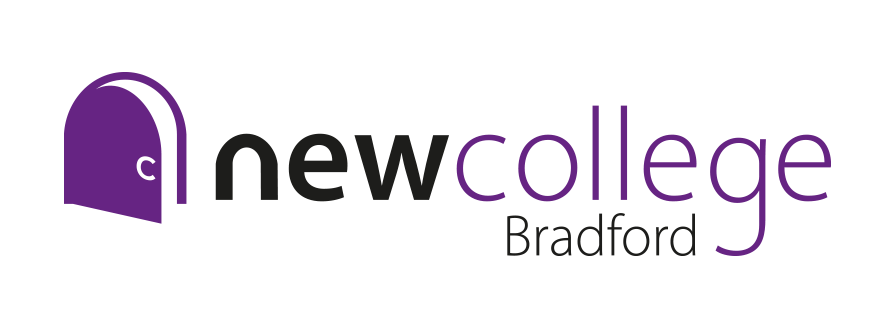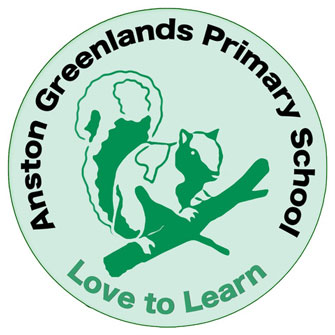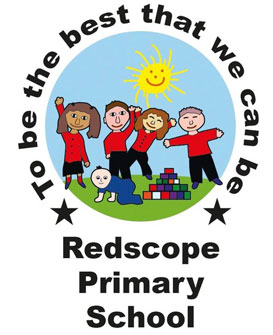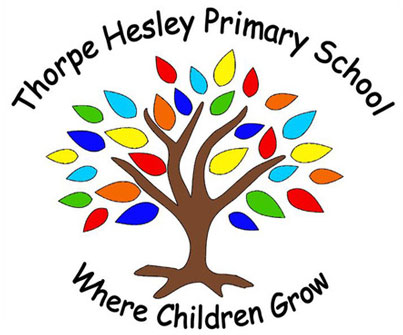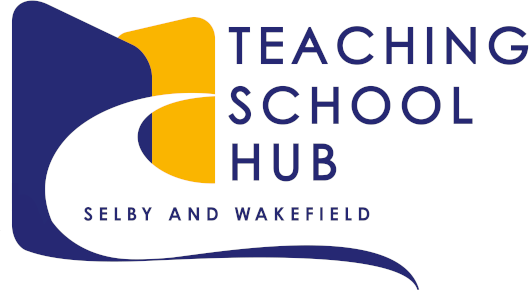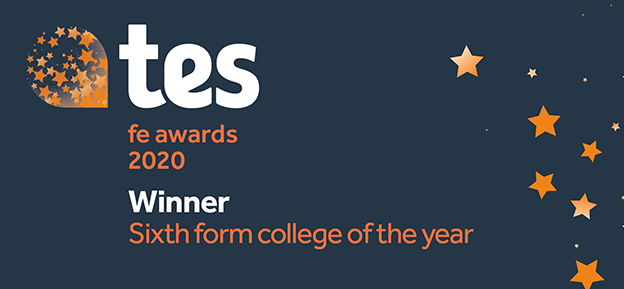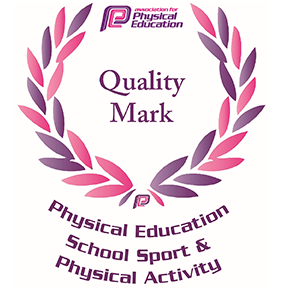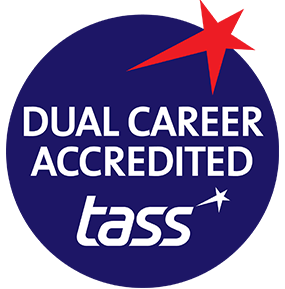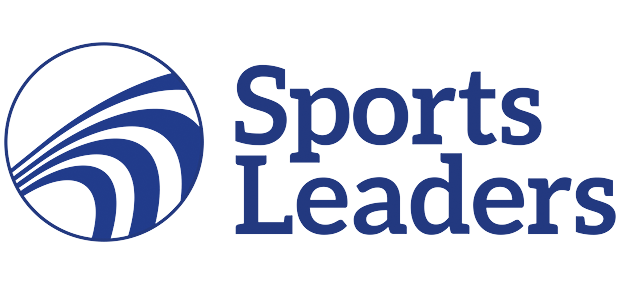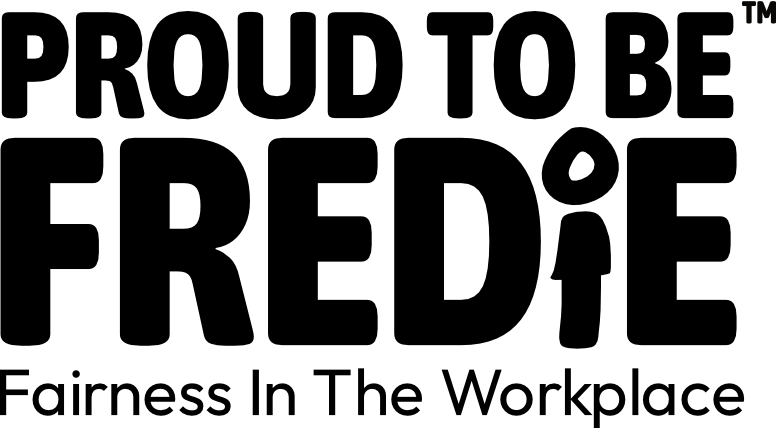You will complete a range of units depending upon which BTEC course you choose to study.
Key units include:
- Anatomy and physiology
- Fitness training and programming for health, sport and well-being
- Professional development in the sports industry
- Practical sports performance
- Sports leadership
- Application of fitness testing
- Sports psychology
- Coaching for performance
- Development and provision of sport and physical activity
- Investigating business in sport and the active leisure industry
- Sports injury management
- Research methods in sport
- Sports event organisation
- Rules, regulations and officiating in sport



